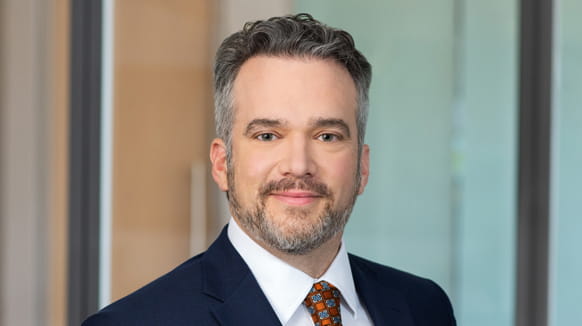As 2024 came to a close, attorneys Robert Shulman, Andrew Van Osselaer and Joseph Balice spoke to Law360 about the top property insurance decisions of the year and the cases to watch for in 2025.
Read an excerpt of both articles below:
The Top Property Insurance Decisions of 2024
Robert Shulman, a policyholder attorney with Haynes Boone, said his biggest takeaway from the Aloha suit is that state law matters. He pointed to a recent North Carolina ruling bucking a pro-insurer trend in pandemic coverage litigation as a reason to believe other U.S. states could very well favor policyholders in climate change coverage litigation.
But for policyholders to be successful in climate change coverage litigation, he said, requires an approach that considers the novelty of such suits. They need to develop a record and seek coverage for what's being litigated in the underlying case, he said.
"I think the mistake that's being made by the policyholder crowd is that they're getting sucked into an early resolution based on the duty to defend and the potential for coverage standard," Shulman told Law360. "It's a shiny object." …
They also said the majority's decision could have far-reaching consequences on the availability and cost of insurance in Colorado. But Andrew Van Osselaer, a policyholder attorney with Haynes Boone, said those concerns were unfounded.
He noted that the court's decision offered more clarity on the notice-prejudice issue, which could help insurance companies plan accordingly, including by adjusting their policy language on late notices, legal strategy and approach to proving prejudice.
"Providing clarity where there was uncertainty is not clearly, to me, going to change the overall cost of insurance," Van Osselaer told Law360.
The Top Property Insurance Cases to Watch in 2025
Joseph Balice, a Haynes Boone policyholder attorney, said he welcomed the suits.
"I've litigated against [the] FAIR Plan before," Balice told Law360. "They litigate just as aggressively as every other insurance company."
Over the last two years, Balice said he's seen a huge uptick in people turning to the FAIR Plan for coverage, mainly for fire risks. He said the questions posed by the suits — including on whether the FAIR Plan offers the minimum allowable coverage — are important because so many people have turned to the plan absent better options. …
Robert Shulman, a policyholder attorney with Haynes Boone, said it was important to recognize the effect of the "made whole" doctrine as it relates to the deal. That doctrine is made to address situations like the one in Hawaii, where the insurance money available to policyholders isn't enough to cover their total loss, resulting in a partial subrogation where the homeowner still has an additional claim for their loss.
Shulman said the made whole doctrine, for insurers' purposes, says that "partial subrogation doesn't get you a seat at the table. You have a secondary claim. Until the policyholder gets paid 100 cents on the dollar, your subrogation claim is not mature."
"The state wants to settle it, get money to the homeowners, and get this behind the victims," Shulman said. Carriers are "complaining to the Hawaii Supreme Court to say they're interfering with my right to subrogation. My point is they probably aren't."


